ADDICTION: MEANING, SYMPTOMS, CAUSES, CURE THROUGH ALTERNATIVE THERAPY – RUDRAKSHA RATNA SCIENCE THERAPY® (RRCT)
WHAT IS ADDICTION?
Addiction is described as the inability to control one's harmful need for a certain dangerous habit, intoxicating beverage, or drug. There are several types of addiction, but the two most common are substance addiction and behavioral addiction. The first is typically observed in adults, while the latter occurs in both children and adults.
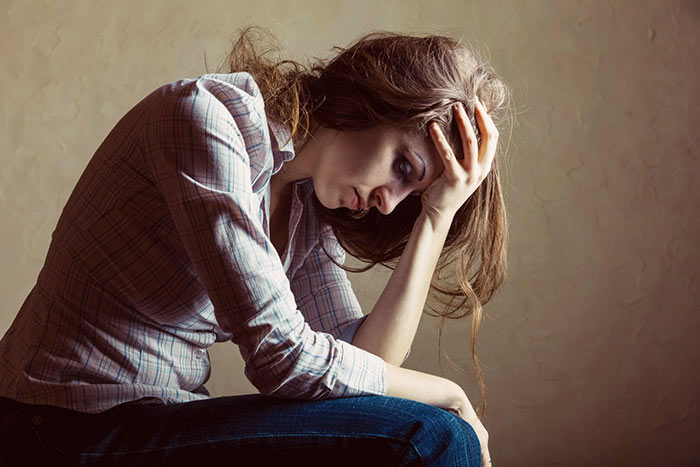
TYPES OF ADDICTION
SUBSTANCE ADDICTION
Substance addiction is defined as an addiction to chemical substances, food, or inebriated material. Usually, there are intense desires for the drug, and the individual becomes agitated if he or she is unable to get it. A person may get addicted to a variety of substances, including alcohol, narcotics, cigarettes, cocaine, nicotine, and so on. The addict's body craves more of the drug in order to experience the same sensations again. The body adapts to these effects and gains tolerance, resulting in a desire for more. There is also a withdrawal phase in which the individual may experience entirely opposite consequences if he or she stops ingesting intoxicating drugs.
BEHAVIOURAL ADDICTION
When behaviours become repeated and continuous, this is called behavioural addiction. Behavioural addiction is the detrimental influence of your recurrent behaviours on your mind and body. Gambling, gaming, sex, shopping, social media, TV, and other activities fall under this group. Any of these items may become addictive, and a person cannot get enough of them. This entails engaging in excessive amounts of any of these activities, even if they are detrimental to one's mental and physical health. If a person attempts to overcome an addiction, he or she may experience anxiety and discomfort; this is known as the withdrawal stage.

SYMPTOMS OF ADDICTION
Mood Swings
Constant mood swings due to consuming addictive substances is one of the symptoms of addiction. The person may feel a change in mood every now and then due to the addiction and some may even experience extreme mood changes.
Inconsistent energy levels
An addicted person's energy levels do not remain constant. After consuming addictive substances, one may feel energized, but as the effect wears off, one may feel depleted of energy. Addiction is also characterized by feelings of tiredness, restlessness, and exhaustion when the substance is not consumed.
Difficulty in resistance
An addicted person finds it difficult to resist the urge to consume the addictive material. The inability to control the need for something that is intoxicating is a symptom of addiction and it is widely observed in addicts.
Changes in sleeping pattern
Sleeping patterns change if a person is addicted to a particular substance or a habit. There can be insomnia or even too much sleep depending on how the body reacts to the intoxication. The person may also fall asleep at unusual times of the day or night.
Intolerance
Another symptom of addiction is intolerance, which occurs when the addicted person loses patience if he or she does not do the habitual things or consume the intoxicating substances as needed.
Unable to stop the usage
If a person is unable to stop using intoxicating products after a certain period of time, this indicates that he or she is addicted to them. If a person is addicted, he or she will often go above and beyond to consume intoxicating items or do a specific thing.
Obsession
Obsession with a particular activity or with consuming any food or intoxicated item can be a sign of addiction. An addict may devote a significant amount of time to obtaining and maintaining the substance, despite knowing that it will have negative consequences in the future.
CAUSES OF ADDICTION
Depression:
A depressed person is more likely to indulge in addiction to alcohol or other drugs.
Stress:
It is one of the most common reasons why people become addicted to intoxicating substances. When a person is stressed, he or she may seek relief through intoxication and become addicted to it. This is also the cause of behavioural addiction; for example, some people who are stressed eat or become addicted to shopping in order to forget about their worries.
Loneliness:
Individuals who feel alone and experience negative emotions also tend to get addicted.
Peer pressure:
Some adults and even teenagers develop a dependence on intoxicating substances after being influenced by friends.
Community:
A person's surroundings influence his or her behaviour or habits, and living in a poor, ill-mannered community can lead to addictions such as drinking, gambling, betting, and so on.
Absence of parental control:
Lack of parental supervision can also lead to addiction to gaming, and it is quite common among teenagers and children too.
SPIRITUAL CAUSES OF DRUG ADDICTION:

Drugs often relieve humiliation, despair, dread of the unknown and obligations, and acute terror. The drug becomes a safe haven for you, and you shield yourself from yourself.
Your inner inadequacies may drive you to drugs because you refuse to live and be responsible. The first step is to ask yourself why you used these substances in the first place. Whatever the reason, attempt to figure out what's causing it. Accept yourself for who you are and learn to communicate your requirements.
TREATING ADDICTION WITH RUDRAKSHA RATNA SCIENCE THERAPY (RRCT)
To balance the chakras and get relief from Addiction and any other disease, Rudraksha Ratna Chakra Therapy (RRCT), pioneered by Sakhashree Neeta is an alternative healing therapy - a natural and unique therapy to balance the 8 Chakras (subtle energy centres) in the body. RRCT is an outcome of the deep study of Puranas, Upanishads on the miraculous properties different Rudraksha beads have, and real-time testing of Rudraksha with Ratna (Gemstones) on the body has proven to clean the aura, heal and balance the Chakras. RRCT prescribes specific Rudraksha and Gemstone combinations upon deriving the state of your Aura Energy and Chakra analysis.
Essentially, the specific combination of Rudraksha and Gemstone therapy taps 100% properties of Rudraksha and Gemstone that removes the blocked energy, and tunes you into the right frequency. This cleansing process and self-healing process starts giving relief the moment Rudraksha and Ratna (Gemstone) combination is worn. Rudraksha Ratna Chakra Therapy does not require any difficult efforts. If any efforts have to be really taken; just chant the beej mantras as prescribed. However, there is no compulsion to even chant (if you don’t want to chant or cannot chant for some reason) as the therapy works automatically.
REMEDIES TO CURE ADDICTION NATURALLY
Exercise
Including exercise in your daily routine can be helpful as it releases endorphins that make you feel active. Addicts are normally less active and feel low on energy due to the addictive substances. Exercising is a great way to quit addiction by raising your energy levels.
Meditation
Negative feelings can drown you in addiction, and thus, meditating can help you focus and get rid of negative emotions. It is an effective remedy to manage your thoughts, stay calm and overcome your highs and lows.
Alone Time
Taking some time for yourself and rejuvenating your mind and soul by visiting a quiet place or even listening to your favourite music can be of great help. It removes the negativity and stops getting addicted to any intoxicating substance.
Art Therapy
Instead of putting time into any addictive activities or substances, indulging in Art therapy can soothe your mind. Painting, drawing, recreating things from old stuff, and more such ideas can be used to make the best use of time and eliminate addiction.
Positive people
Surround yourself with people who uplift you and make you feel good about yourself. At times, people get addicted to intoxicating items due to feelings of loneliness and finding the right type of friends or circle is really important to feel positive and eliminate addiction.

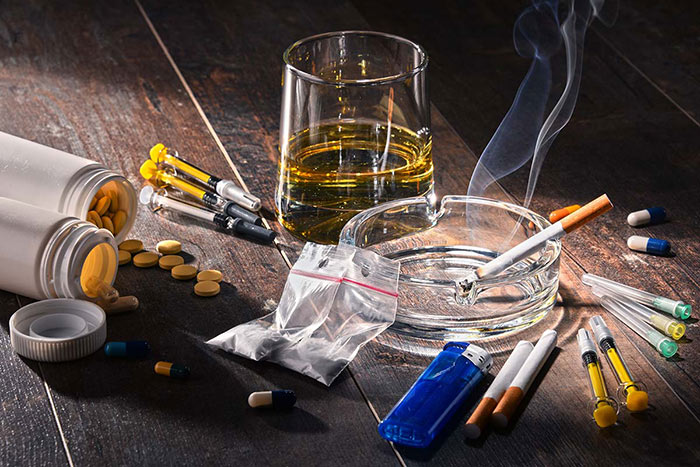
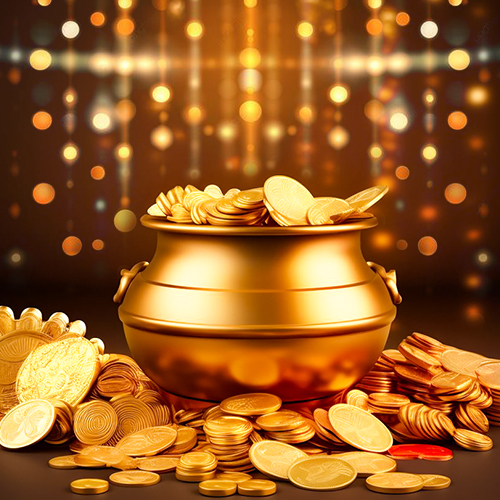
-in-Astrology.jpg)
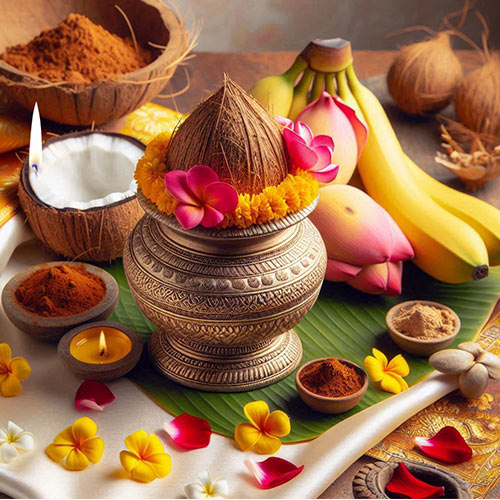
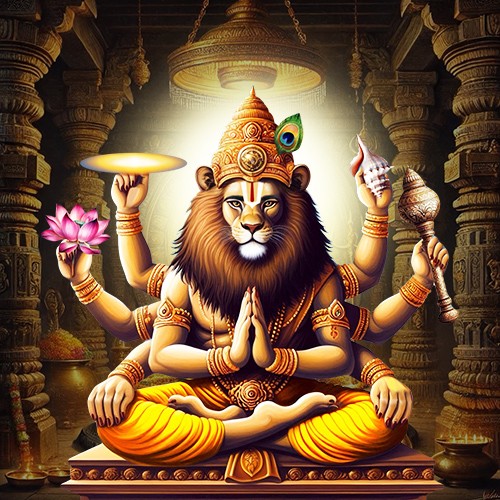

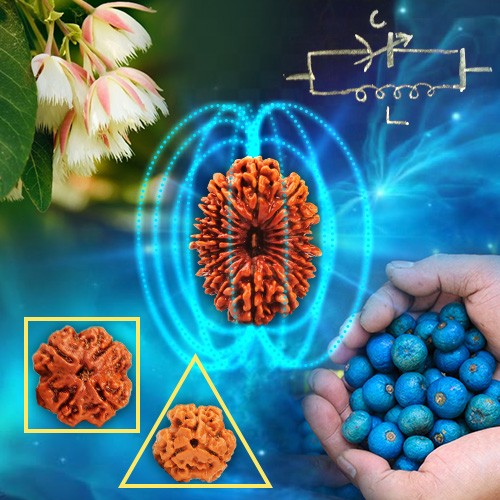

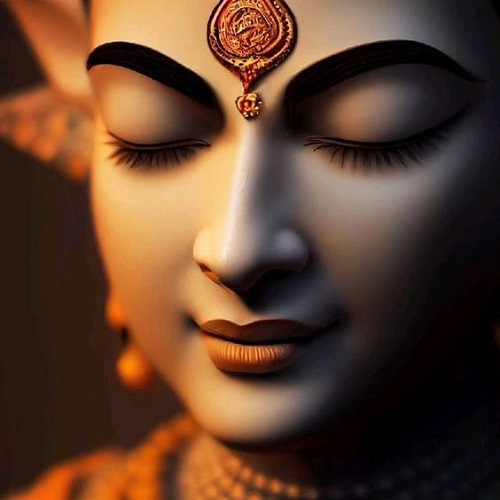
.jpg)
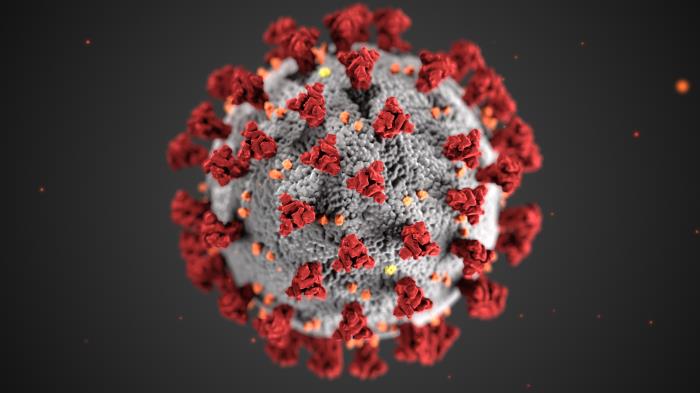
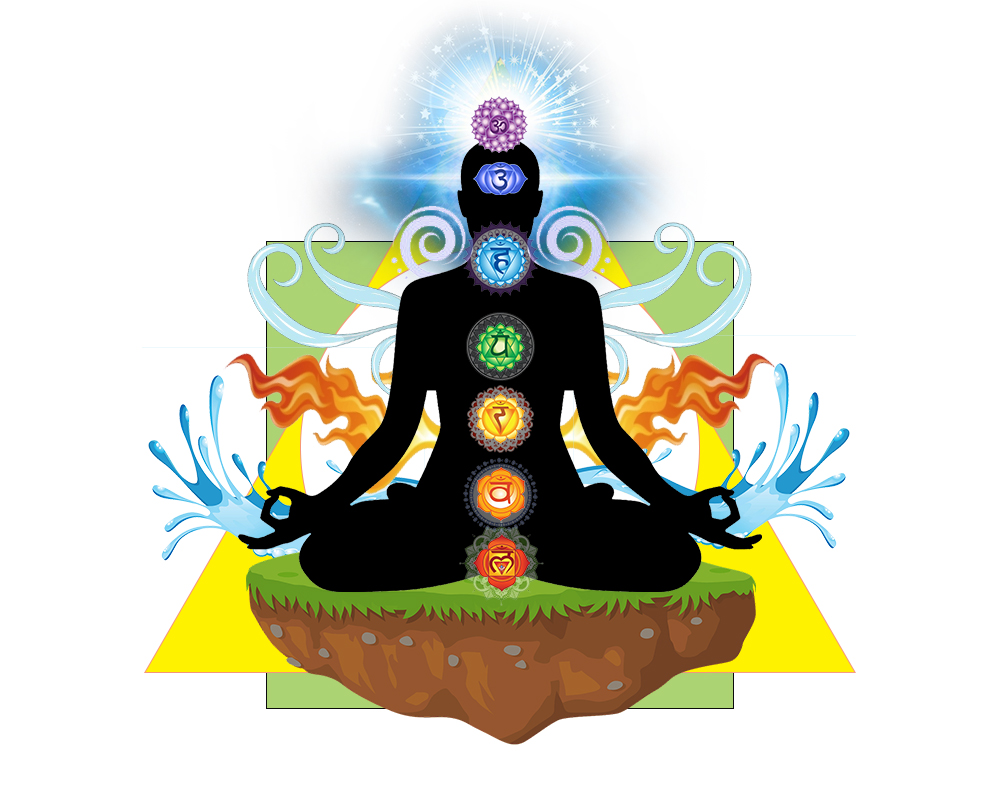
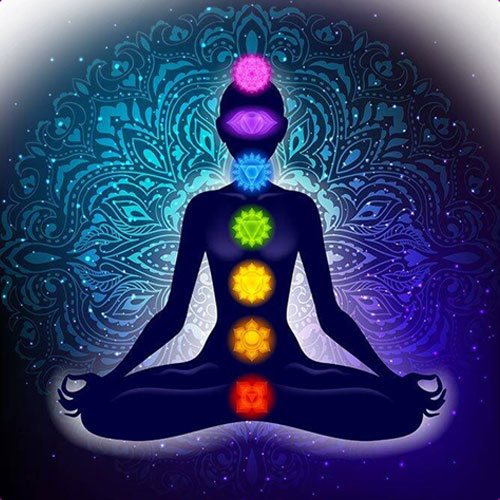
Comments 0
Leave your thought here